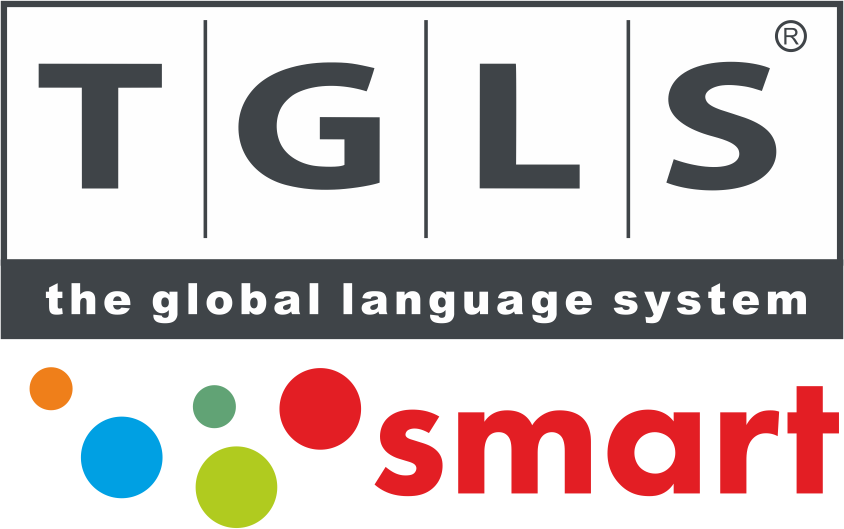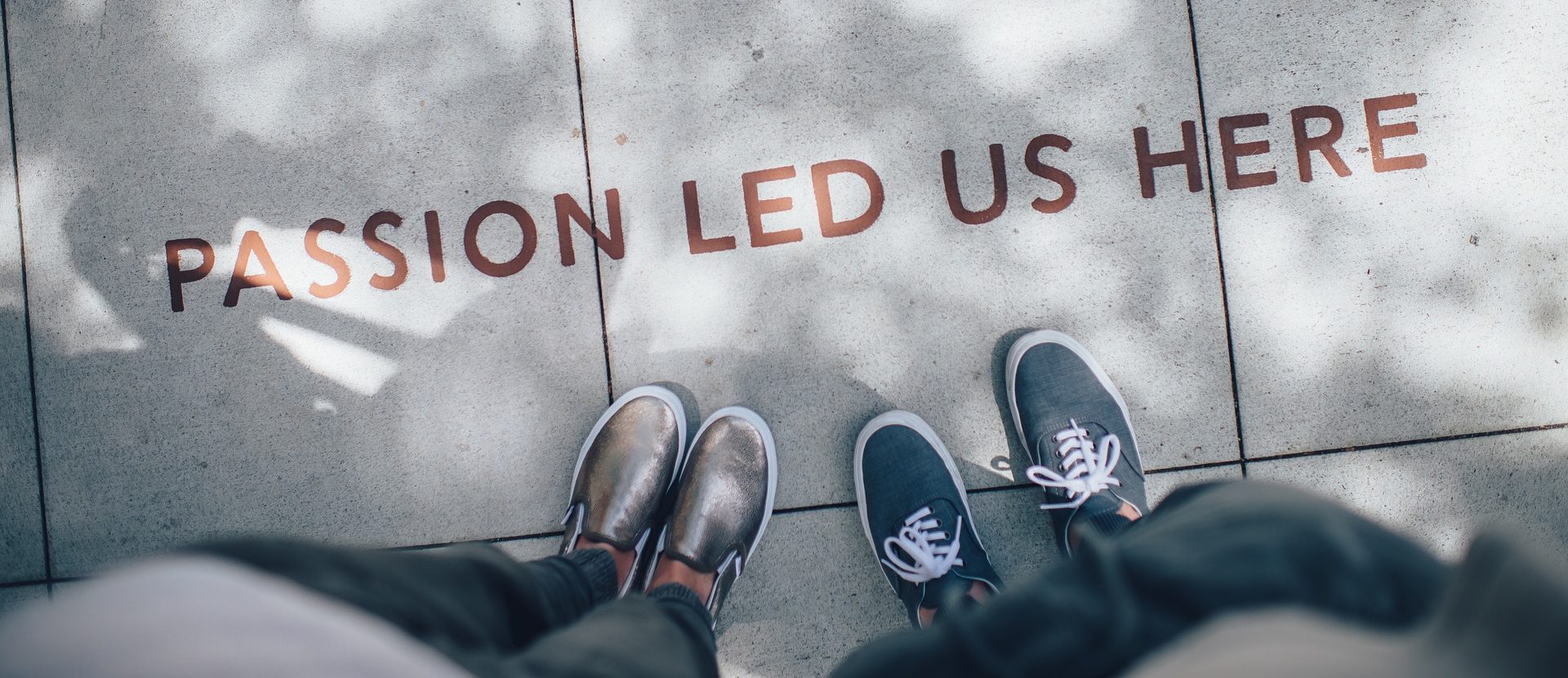Wytyczne, jakie musi spełniać egzaminator TGLS:
- mieć ukończone studia filologiczne lub wykształcenie równoważne zgodne z rozporządzeniem MEN
- posiadać min. 5-letnie doświadczenie w uczeniu języka zwłaszcza na egzaminowanych poziomach
- znać skalę CEFR
- nie może to być lektor, który uczył daną grupę
W poniższej tabeli znajduje się zakres gramatyczno-leksykalny w podziale na poszczególne poziomy zaawansowania:
8-9 years old
Core language
- Greetings: Hello, Goodbye, Bye
- Colours: red, blue, white, yellow, pink, green, purple, orange, black, brown, grey
- Numbers: 1-100 (figures only)
- Family members: mum, dad, sister, brother, grandma, grandpa, aunt, uncle, cousin, baby
- Food and drink: eat, drink, apple, cake, chocolate, sandwich, salad, chips, pizza, milkshake, chicken, grape, fig, banana, pear, orange, pineapple, juice, fizzy drink, biscuit, yoghurt, chocolate bar, sugar, carrot, milk, bread roll, cheese, tuna, tomato, sardines, sausages, rice, (white/brown) bread, lettuce, eggs, hot dog, ice cream, spaghetti, water, mushroom, onion, pea, soup, strawberry
- Food groups: meat, fish, dairy, fruit, vegetables, cereal
- Toys: doll, car, plane, ball, train, teddy, puzzle, bike, game, scooter, robot, computer, puppet, kite, skateboard, skipping rope, yo-yo, boat, frisbee, bat, marble, dinosaur, figure, spaceship
- Materials: plastic, wood, metal, fabric
- Parts of the body: head, arms, fingers, nose, face, legs, ears, hands, eyes, eyebrows, mouth, shoulders, body, feet, toes, hair, tummy, neck
- Pets: dog, hamster, fish, cat, bird, tortoise
- Farm animals: horse, sheep, cow, goat, horse, donkey, goose, duck, hen, rabbit, pig, mouse
- Baby animals: foal, lamb, puppy, kitten, chick
- Wild animals: crocodile, giraffe, zebra, dolphin, bat, snake, parrot, penguin, monkey, lion, elephant, hippo, rhino, leopard, tiger, bear, kangaroo, shark
- Animal body parts: wing, tail, fin, beak, feather
- Daily activities: help my mum, do my homework, visit my grandma, go swimming, have a music lesson, play with friends, listen to music, read a book, write an email, watch TV, play a game, play on the computer, make a model, paint, do a puzzle, cook, wash up, clean up, tidy up, sleep
- Outdoor activities: run, jump, ride a bike, ride a horse, skate, skateboard, play tennis, play football, fly a kite, make a snowman, go ice skating, walk, hop, kick a ball, climb a tree, juggle, throw a frisbee, swim, slide, float, take a photo
- Clothes: T-shirt, hat, socks, skirt, scarf, gloves, jeans, boots, shirt, dress, shorts, trousers, jumper, shoes, jacket, coat
- Personal hygiene: wash my/your hands, brush/clean my/your teeth, comb your hair, have a shower, have a bath
- House: kitchen, bathroom, living room, bedroom, hall, garage, garden, window, picture, mirror, vase, door, treehouse, hamster cage, floor, lamp
- Furniture: shelf, table, chair, drawers, cupboard, bookcase, bed, box, cushion, sofa, rug, armchair, carpet
- Classroom items: sharpener, scissors, glue, classroom, table, computer, peg, pencil case, board, picture, poster, CD player, pen, rubber, pencil, ruler, book, bag, folder, sticker, badge, key ring, felt tip, paper, string, crayon
- Classroom actions: listen, look, circle, swap, share, play, sing, read, write, talk, draw
- Actions: move, clap, touch, turn around, stretch, feed, stroke, stamp, slap, tap, skip, smile, dance
- Feelings: cold, hot, hungry, thirsty, happy, sad, sleepy, thirsty, scared, cross, bored, dizzy
- Shapes: triangle, square, circle, rectangle
- Adjectives: long, short, small, big, loud, quiet, fast, slow, naughty, wet, tidy, clean, dirty, good, bad, blonde (hair), new, great, fantastic, yummy, delicious
- Prepositions: in, on, under, behind, in front of, next to, between
- Plants: tree, flower, leaf, grass
- Days of the week: Monday – Sunday
- Celebrations: sweets, balloon, present, birthday cake, card
- Transport: lorry, helicopter, plane, motorbike, van, bus, car, plane, tractor, train, boat
- Weather: raining, windy, hot, cold, snowing, sunny, cloudy
- Money: pound, p, coin
- People: man, woman, child/children, girl, boy
- Musical instruments: violin, piano, flute, xylophone, guitar
Grammatical structures
- What’s your name? I’m (name). / My name’s (Katie).
- How old are you? How old is he? / I’m (age). / He’s (age).
- What’s your favourite (colour/day)? My favourite (colour/day) is …
- What’s this? It’s a (dog).
- Do you like ….? I like … / I don’t like …
- How many …?
- There’s/There are …
- He’s/She’s my (brother/sister).
- Where are you? I’m in the (room).
- Where’s ….? It’s on the (furniture).
- Regular plural forms: a pencil – pencils
- Can/can’t
- Have got
- What day is it today?
- What’s your favourite day?
- What’s the weather like today?
- It’s (adjective).
- I’m (feeling).
- What are you doing/wearing?; Is she singing? Yes, she is.

9-11 years old
Core language
All of the above plus:- Personal information: name, birthday, phone number, etc.
- Countries and nationalities: the UK, Spanish, American, etc.
- Alphabet: spelling
- Personality adjectives: friendly, ambitious, shy, etc.
- Household objects: cooker, microwave oven, dishwasher, etc.
- Ordinal numbers: first, second, third, etc.
- Months of the year: January, February, March, etc.
- Hobbies: cooking, jogging, listening to music, etc.
- Money: cash, credit card, coin, etc.
- Clothes and accessories: cap, necklace, bracelet, etc.
- Sports: play tennis, play basketball, go swimming, etc.
- Daily routines: have breakfast, go to school, go to bed, etc.
- School subjects: Science, Maths, P.E., etc.
- Personal possessions: umbrella, bag, glasses, etc.
- Playground equipment: slide, swings, see-saw, etc.
- Places in school: canteen, computer lab, library, etc.
- Seasons: spring, summer, autumn, etc.
- Jobs: teacher, farmer, doctor, etc.
- Time phrases: three o’clock quarter, past three, quarter to four, etc.
- Numbers and dates: hundred, thousand, 2015 (twenty fifteen), etc.
- Health: a cold, a cough, a headache, etc.
- Insects: ant, bee, mosquito, etc.
- Sea life: crab, shell, sand, etc.
- Electrical items: laptop, keyboard, screen, etc.
- Directions: go left, go right, traffic lights, etc.
- Music: guitar, folk, jazz, etc.
- Places in town: hospital, school, airport, etc.
Grammatical structures
All of the above plus:- Adverbs of frequency and manner
- Basic intensifiers
- Common adjectives
- Common prepositions (place, time, etc.)
- Common uncountable nouns; questions about quantity: how much/how many
- Comparatives and superlatives
- Demonstratives: this/these
- Determiners: some/any
- Future forms: be going to (for plans)
- Future Simple (for predictions and offers)
- Imperatives (positive/negative); Let's
- Modal verbs of ability, permission and possibility: can/could
- Modal verbs of advice: should
- Past Simple (to be, regular verbs, basic irregular verbs)
- Personal pronouns (subject, object)
- Possessive adjectives
- Possessive 's
- Present Continuous
- Present Simple
- Question words and phrases
- The have got form
- The there + be construction
- Verb patterns: verb + -ing: like/hate/love; the would like form

11-13 years old
Core language
All of the above plus:- Things we read: dictionary, magazine, website, etc.
- Kitchen items: plate, mug, glass, etc.
- Craft materials: string, paper clips, drawing pins, etc.
- Housework: make the bed, empty the dishwasher, clean the windows, etc.
- Extreme sports: snowboarding, kayaking, windsurfing, etc.
- Natural world: island, hill, mountain, etc.
- Entertainment: roller coaster, exhibition, stage, etc.
- Gadgets and equipment: smartwatch, console, headphones, etc.
- Computers and technology: Wi-Fi, email, website, etc.
- Illnesses and injuries: sore throat, ambulance, cut, etc.
- Types of shops: bakery, chemist’s, café, etc.
- Sports equipment: racquet, ball, stick, etc.
- At the airport: luggage, boarding pass, gate, etc.
- Space: moon, space station, astronaut, etc.
- Sightseeing: information office, entrance, cathedral, etc.
- Plans and ambitions: travel, earn a good salary, be famous, etc.
- Appearance (including clothes): good-looking, wavy hair, tall, etc.
- Films and TV programmes: comedy, quiz show, musical, etc.
- Mobile phones: texting, smartphone, CU, etc.
- Jobs and skills: speak a foreign language, meet people, wear a uniform, etc.
Grammatical structures
All of the above plus:- Adverbial phrases of time, place and frequency
- Articles (with countable and uncountable nouns)
- Present Simple and Present Continuous (with state verbs)
- Present Continuous (for future arrangements)
- Past Simple and Past Continuous
- Determiners: (not) enough, too much/many
- Present Perfect (for experience)
- Present Perfect (with just, already and yet)
- Present Perfect and Past Simple
- Future Simple vs the be going to form
- Modal verbs of possibility: might, may
- Modal verbs of obligation and prohibition: must/mustn’t
- Semi-modal verbs: have to
- Conditional sentences (first & second)
- Relative clauses
- Common phrasal verbs
- Prepositional phrases (place, time, movement)
- Verb patterns: verb + ing/infinitive: like/want/would like
- Personal pronouns (subject, object, possessive)
- The used to form

13-15 years old
Core language
All of the above plus:- Jobs and skills: under pressure, make money, deliver (e.g. newspapers), etc.
- Music: beat, lyrics, voice, etc.
- -ed/-ing adjectives: disappointed/disappointing, excited/exciting, shocked/shocking, etc.
- Education: revision, staff room, educational, etc.
- Teen’s life: embarrassing, challenging, for fun, etc.
- Money and shopping: afford, owe, waste, etc.
- Entertainment: audience, firework, event, etc.
- Computers and the internet: webcam, plug in, posting, etc.
- Relationships: trust, friendship, in common, etc.
- Personality: confident, positive, shy, etc.
- Extreme weather: flood, lightning, freezing, etc.
- Health and fitness: unhealthy, get fit, goggles, etc.
- Holidays: accommodation, souvenir, guide, etc.
- Transport and travel: cycle, sail, traffic jam, etc.
- Hobbies and interest: blogging, vlogging, YouTuber, etc.
- Historical figures and events: politics, leader, event, etc.
- Current affairs and social issues: border, charity, peace, etc.
- Culture (literature, museums, films): clap, documentary, interview, etc.
- Landscape and natural environment: waterfall, wave, cliff, etc.
- Environmental protection: pollution, recycle, protect, etc.
- Crime and punishment: punish, bully, prison, etc.
- Inventions: develop, invent, research, etc.
- Clothes, styles, accessories and patterns: flip-flops, fashionable, plain, etc.
- Senses: taste, smell, touch, etc.
- Word formation: nouns and adjectives
Grammatical structures
All of the above plus:- Broader range of intensifiers
- Clauses of cause and effect
- Clauses of contrast
- Clauses of purpose
- Conditionals (zero, first, second & third)
- Forms to talk about past habits: used to and would
- Future Continuous
- Gerunds after verbs and prepositions
- Infinitives (with and without 'to') after verbs and adjectives
- Modal verbs in the past: should have, could have, would have
- Modal verbs of probability (must, can't, might, could) - present and past forms
- Passive voice
- Past Perfect
- Phrasal verbs, extended
- Present Perfect Continuous
- Present Simple (for future)
- Question tags
- Reported speech (range of tenses)


